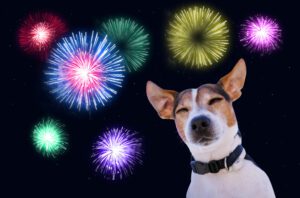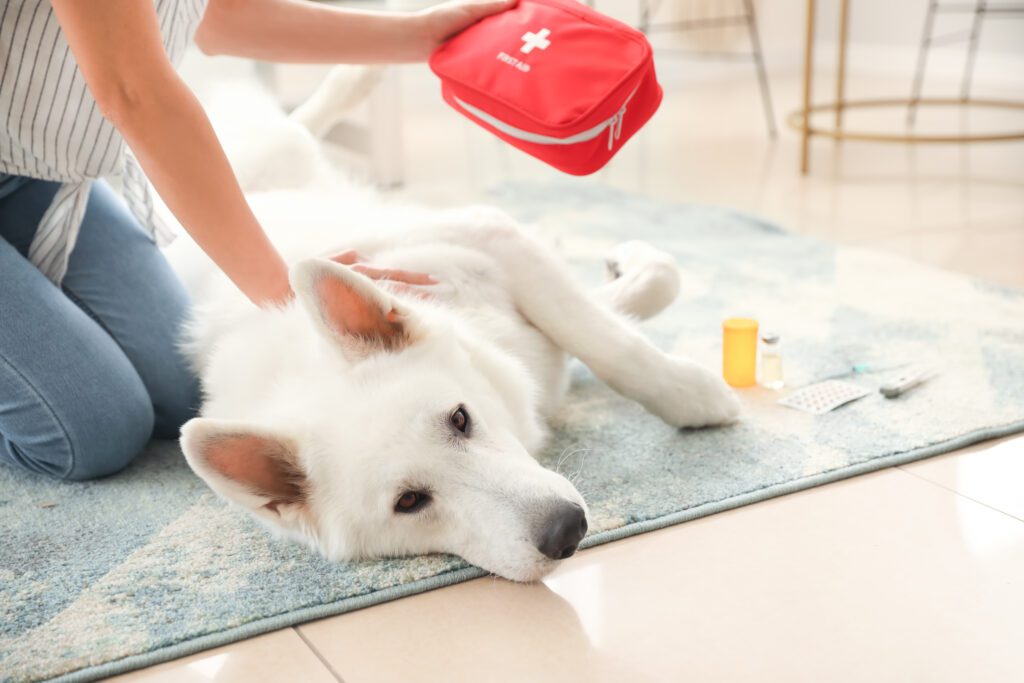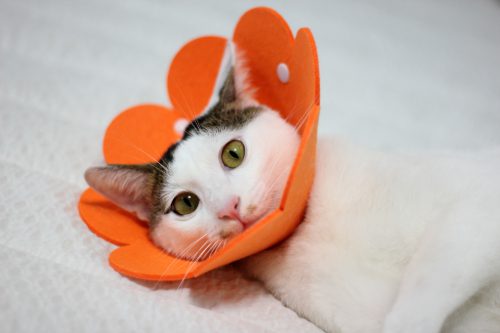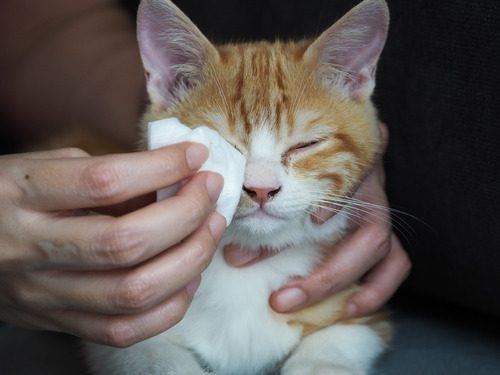How to Help Your Dog Celebrate July 4th Peacefully
The Fourth of July is a holiday of festivities, celebration, fireworks, and fun with family and friends – although our canine companions might not share our enthusiasm! Loud noises, bright flashes and unfamiliar scents may cause anxiety for them.

In this article we’ll provide tips to keep them calm during 4th of July festivities.
Understanding Your Dog’s Anxiety with Fireworks
Dogs possess an acute sense of hearing, making them especially susceptible to loud noises like fireworks. The sudden bangs may induce fear or anxiety which results in behavioral changes like hiding, trembling, or trying to escape. Furthermore, changes to routine, large crowds, and novel scents all increase stress levels; knowing your dog’s anxiety levels allows you to take necessary measures that ensure comfort and safety during celebrations.
9 Tips for an Enjoyable and Stress-Free 4th of July Holiday for Your Dog
Check out these 9 tips to help reduce your dog’s stress and anxiety during the 4th of July holiday.
1) Create a Safe Space
Make sure your dog has access to a quiet and safe area within your home where they can go when feeling anxious or distressed – such as a crate, separate room, or just their favorite corner filled with their bed and toys. This will be a spot they can retreat when feeling threatened by fireworks and noise. Additionally, it would be a good idea to ensure windows and doors are kept closed to reduce noise as well as block out bright flashes of light from outside sources like fireworks displays. You may consider playing soothing music or turning on the TV to mask fireworks sounds as well.
2) Offer Distractions
Provide your dog with interactive toys, puzzle feeders or long-lasting chews as distractions during festivities to reduce anxiety and reduce stress levels. By redirecting their focus away from loud noises and bright lights, distractions may help divert their energy in productive directions thereby alleviating their anxiety.
3) Exercise Early
Plan on giving your pet some physical exertion prior to fireworks displays to give them plenty of restful and relaxing times during festivities. A tired pup is more likely to stay calm during all the excitement.
4) Use Anxiety-Reducing Tools
There are various tools available to you for helping alleviate the anxiety experienced during stressful situations by your dog. Compression garments like Thundershirts can offer some dogs relief; alternatively calming pheromone products like Adaptil can create an atmosphere of security and comfort for some animals.
5) Natural Supplements
Natural supplements, like calming chews or CBD oil, may help some dogs manage anxiety more effectively. Before adding new supplements to their diets, always consult with their veterinarian and adhere to any recommended dosage guidelines.
6) Desensitize Your Dog to Fireworks
If your pup has become terrified of fireworks in the past, use counterconditioning techniques in the weeks leading up to July 4th to help him or her adjust and become less fearful. Play recordings of fireworks at low volume before gradually increasing it while rewarding calm behavior with treats or praise as part of this desensitization and counterconditioning program – this way your canine might soon associate fireworks sounds with positive experiences!
7) Keep Your Dog Secure
As part of the Fourth of July celebrations, it is crucial that your pup remains safe. Be sure to confine them indoors or on a leash. Dogs may panic upon hearing fireworks and attempt to flee. Ensure your dog wears a collar with up-to-date identification tags as an added layer of security. Microchipping can provide even further peace of mind if they manage to slip through!
8) Stay Calm
Dogs are sensitive creatures who pick up on our emotions quickly. By remaining peaceful during fireworks displays, your pup is more likely to follow suit by remaining composed themselves. Use soothing, comforting language when speaking to or petting them when necessary and offer praise and gentle petting whenever they behave as expected.
9) Maintain an Eye on Your Dog’s Behavior
Keep a close watch over the behavior of your canine during Fourth of July celebrations. If signs of extreme anxiety emerge such as panting, drooling, pacing or destructiveness appear, speak with your veterinarian immediately for recommendations; in certain instances they may prescribe short-term anti-anxiety medication in order to ease stress for both parties involved.
Conclusion
Everyone deserves to enjoy themselves on July 4th, including our four-legged companions. By understanding your dog’s anxiety levels and taking proactive measures to ensure comfort and safety, you and your pup can celebrate safely together this Independence Day!
If you need to see a vet in the Clifton Park, NY region, Cornerstone Veterinary Hospital of Clifton Park is here for you and your pet. Give us a call today at (518) 383-6254 or visit us online to make an appointment!
Recent Posts
Pet First Aid: Essential Supplies for Your Pet Emergency Kit
Pet First Aid: Essential Supplies for Your Pet Emergency Kit Every pet parent wants to keep their…
Benefits of Spaying or Neutering a Cat
Benefits of Spaying or Neutering a Cat Deciding to spay or neuter your cat is a responsible…
Why Does My Cat Get Eye Boogers Everyday?
Why Does My Cat Get Eye Boogers Everyday? Cats are known for their meticulous grooming habits, but…
About Us
Originally opened as Animal Care Hospital by Dr. Mark Johnston in 1989, the hospital became Cornerstone Veterinary Hospital in 2015 when it was purchased by Drs. Alan and Lisa Knott. The name 'Cornerstone' holds a special place in their hearts, representing not only their Christian faith but also their commitment to being the cornerstone of the community in which they practice. As a family-owned and operated practice, every pet is treated as part of the family, ensuring they receive the highest standard of care. The team at Cornerstone Veterinary Hospital is dedicated to building lasting relationships with clients and their beloved pets, striving to be the cornerstone of the community in which they practice.



